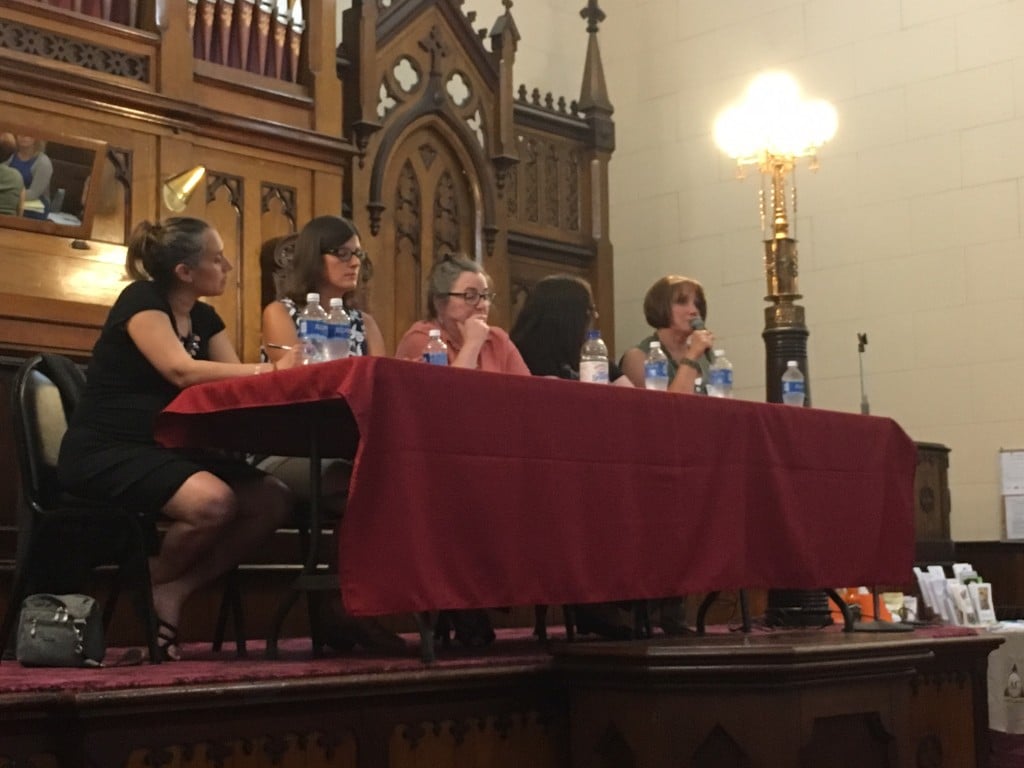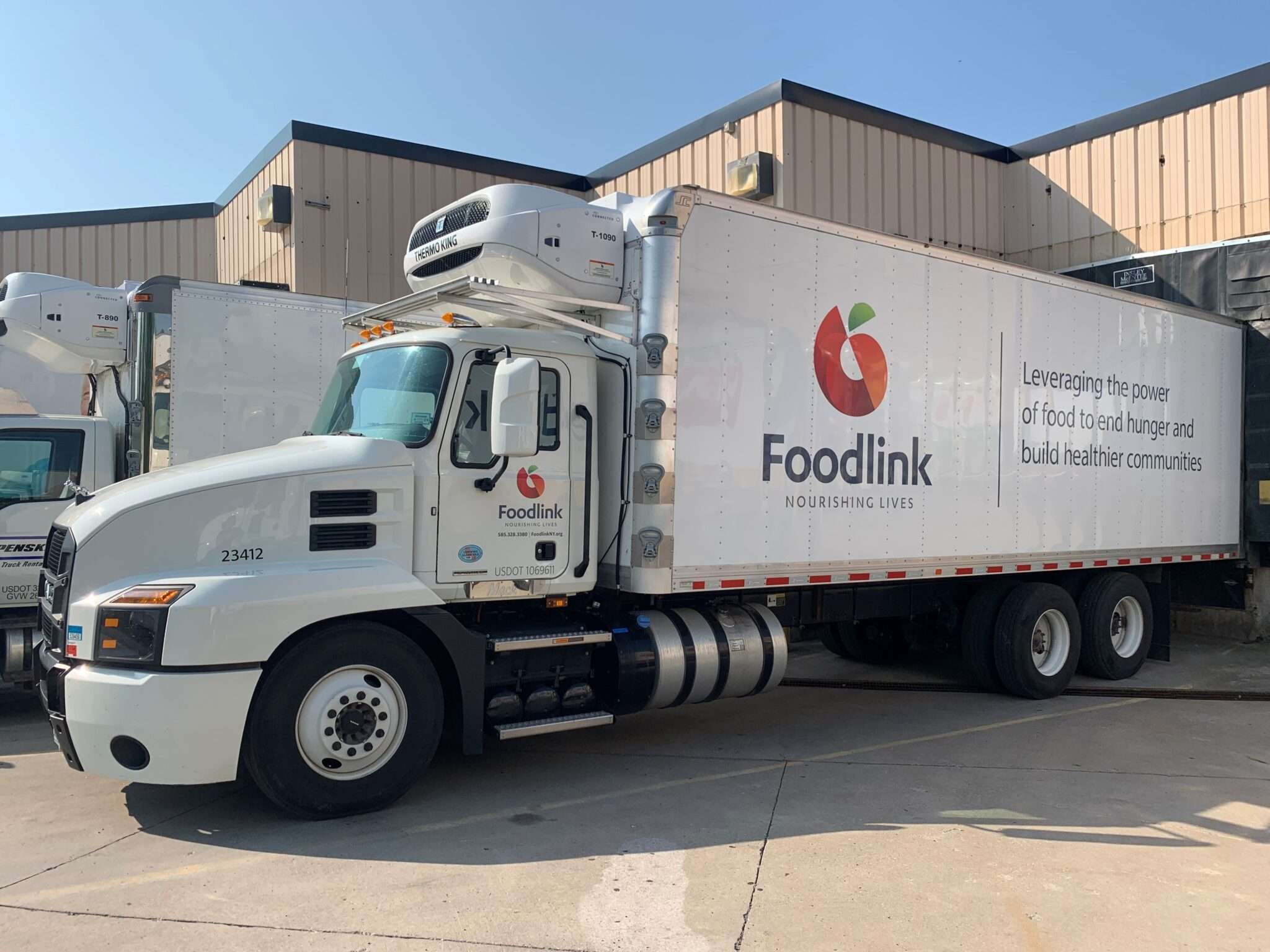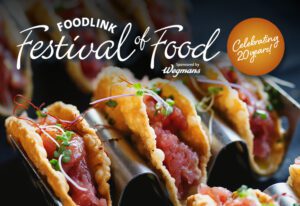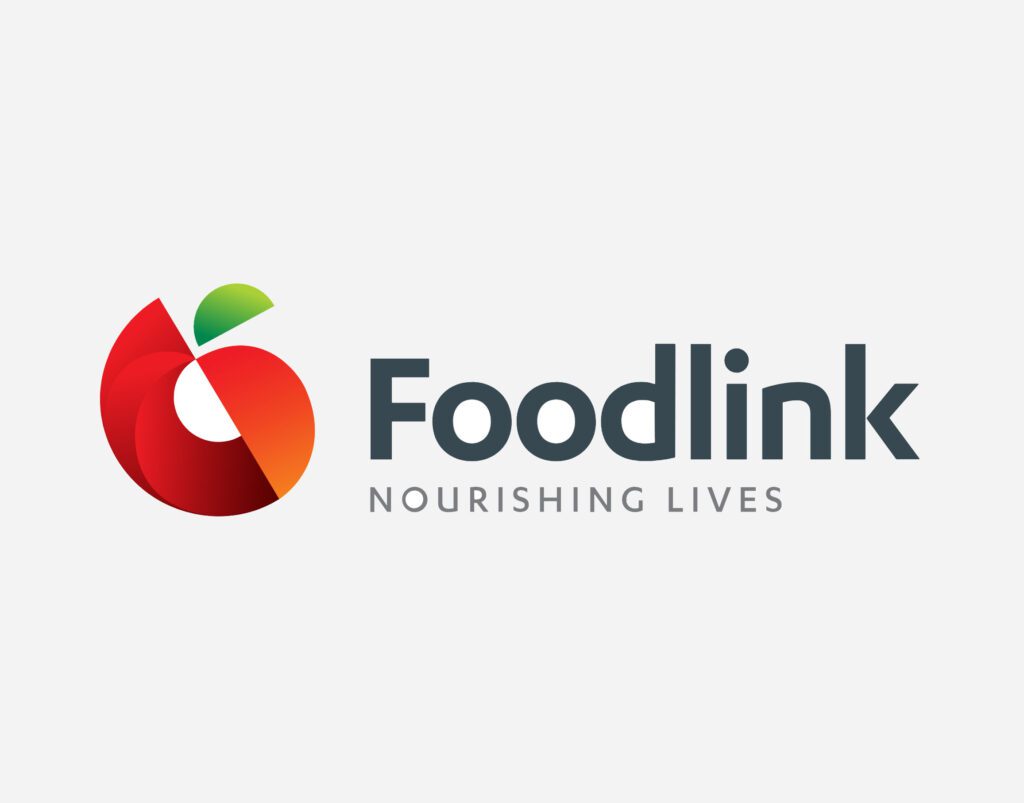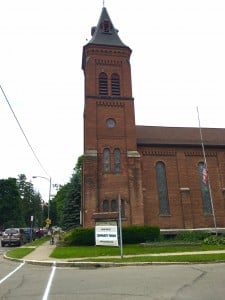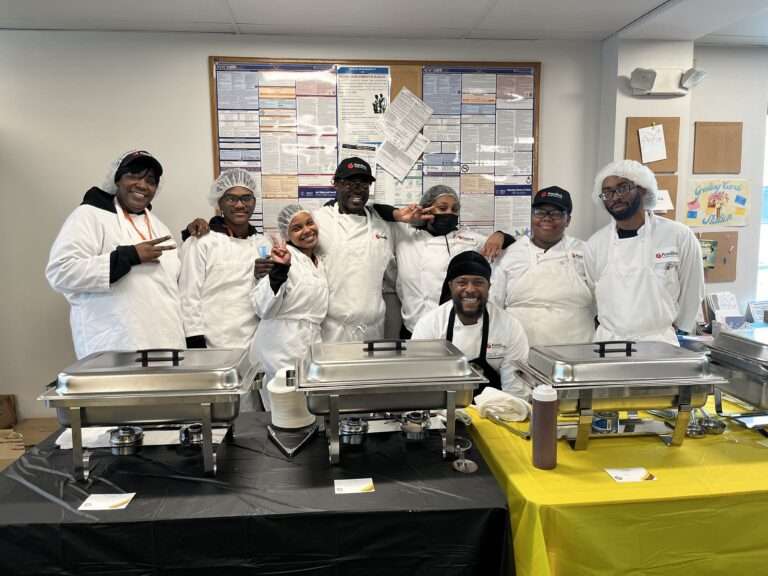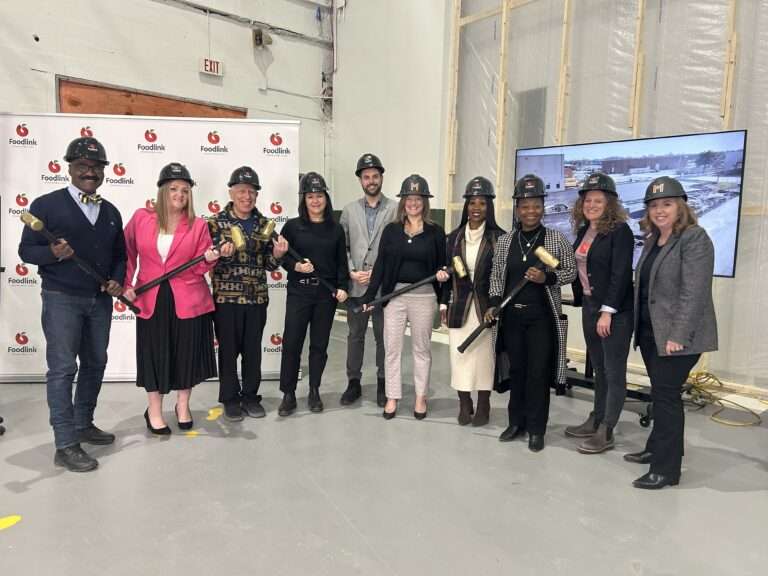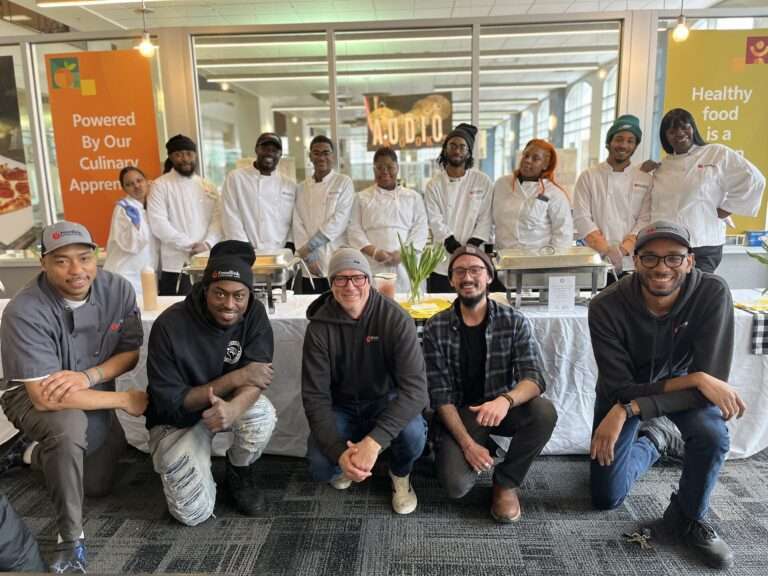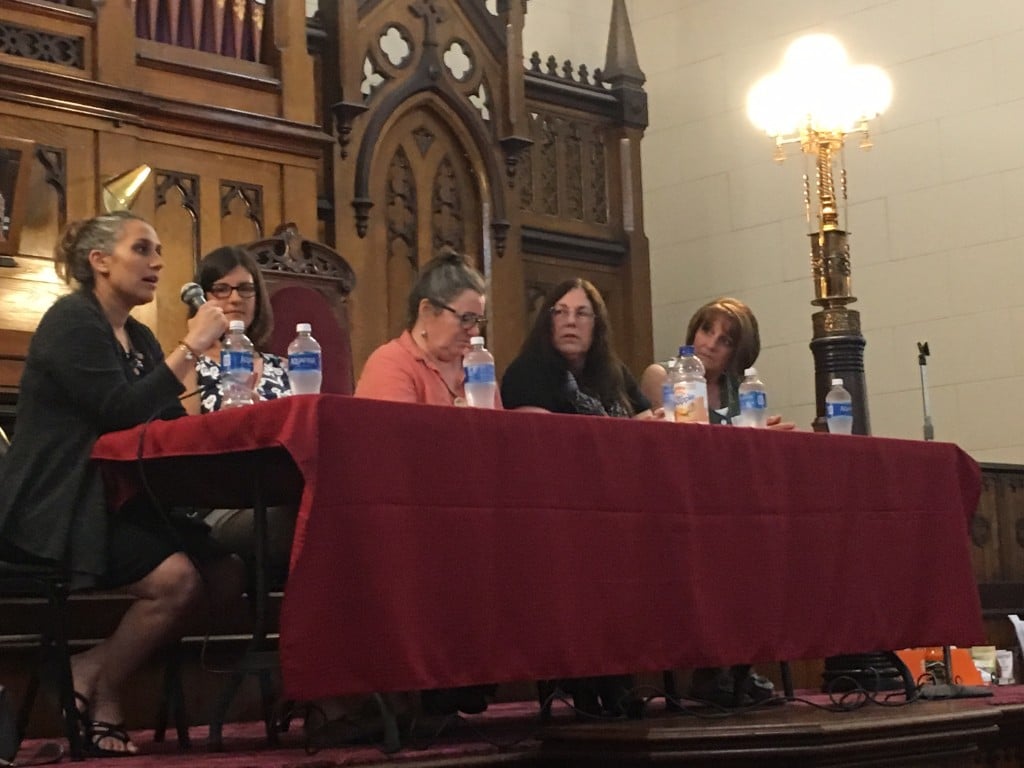
Some people are amazed when they learn about Foodlink’s service area for the first time. Although many of our resources are dedicated to improving the lives of the residents in Rochester and Monroe County, we actually serve 10 counties — a 7,000-square-mile area — in western New York.
Monroe, Wayne, Ontario, Seneca, Yates, Livingston, Orleans, Genesee, Wyoming and Allegany. Our programs and partner agencies cover plenty of ground.
And that was certainly apparent June 15 when four Foodlink staffers traveled to Allegany County (the southern-most county in our service area that borders Pennsylvania) to attend a forum on hunger, hosted by the Cuba Cultural Center and Accord Corp.
It was a great experience to get out into a community that — because of the distance — Foodlink doesn’t get to see as often as the neighborhoods we service in Rochester. Cuba is 93.7 miles from Foodlink’s headquarters — and the trip was well worth it.
The panelists for the event included: Laura Sugarwala of Foodlink, Amanda Khodorkovskiy of Living Acres Farm in Alfred Station, Deb Catozzi of Hunger Action Network, Suzanne Krull of the Cuba Cultural Center and Teri Violet of Cornell Cooperative Extension. Belinda Knight of Accord Corporation served as the moderator for the evening.
Sugarwala, Foodlink’s Senior Manager of Nutrition & Food Safety Services, was joined by Chief Program Officer Mitch Gruber, Member Services Manager Morgan McKenzie and Communications Specialist Mark Dwyer. As Foodlink stated multiple times throughout the event, Allegany County is lucky to have great agencies such as Cuba Cultural and Accord to assist those in need.
Rural poverty is not the face of poverty. But the issues they face and the effects of food insecurity can be just as severe as those found in urban and suburban communities.
After Sugarwala gave a brief introduction on the breadth of Foodlink’s services in Allegany and beyond, Khodorkovskiy spoke about her sustainable farm that makes it a priority to sell healthy products locally, practice bio-diversity and welcome volunteers.
“If we’re going to talk about food insecurity, we also have to talk about how secure your local food system is,” she said.
Catozzi spoke of the importance of advocacy, for which the Hunger Action Network is widely regarded around the state. She said her organization, like Foodlink, aims to meet the immediate needs of the community, but also tackle the “root causes” of hunger such as poverty and employment.
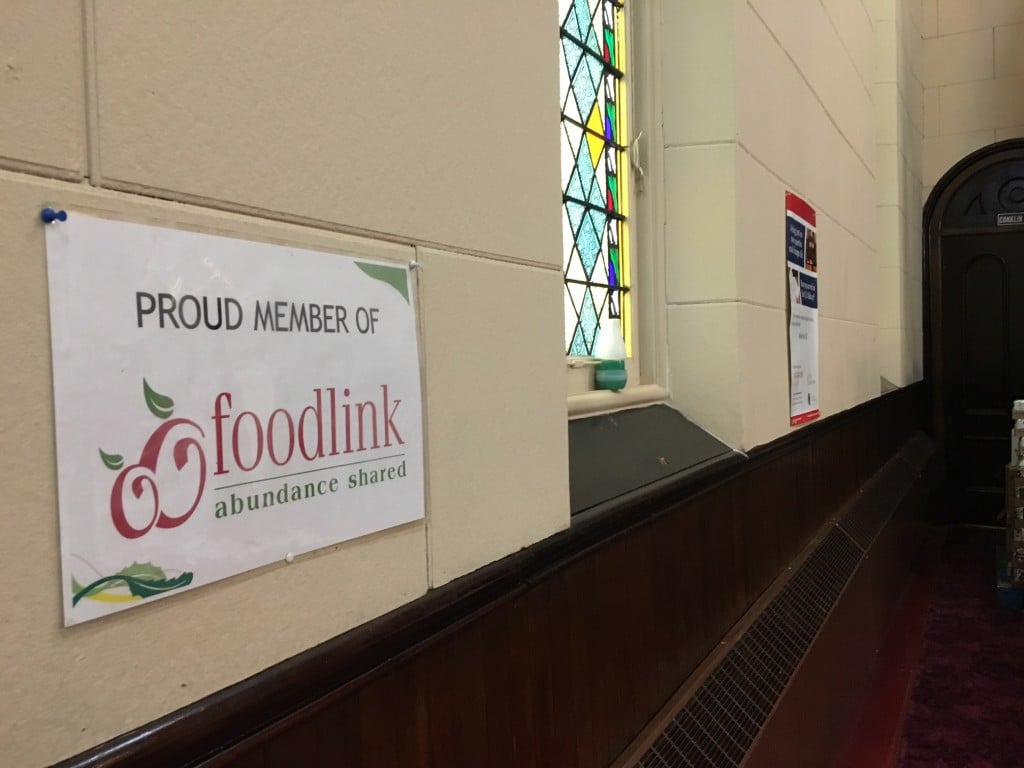
Krull highlighted all of the ways the Cuba Cultural Center is addressing the issues ever-present in her community. They are Foodlink partners with the BackPack Program and as a Mobile Pantry site.
“But we can’t do it alone … it has to be a collaborative effort between all of the sectors,” Krull said.
Violet, who is from the San Francisco area originally but has now been a New Yorker for 20 years, made the case for the importance of nutrition education and meeting families where it is convenient for them.
In the Q&A that followed, key takeaways included:
* The need for volunteers to not only provide assistance, but witness the issues first-hand.
* There shouldn’t be such a distinct line at events that invite affluent donors who offer services and low-income residents who receive services. There needs to be more interaction. We need to “bridge that gap,” Krull said.
* The importance of promoting services through school districts … and on social media.
Foodlink is proud of its Rochester roots. But trips to Allegany County illustrate just how far we’ve grown as an organization — and how many people we serve.
